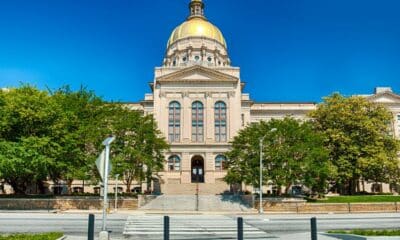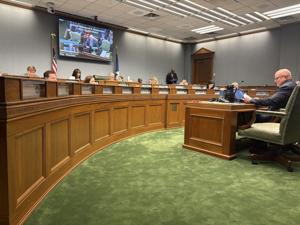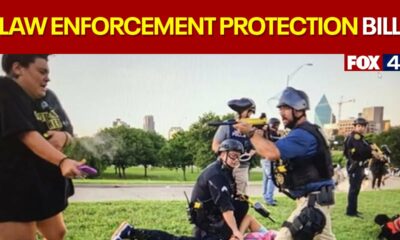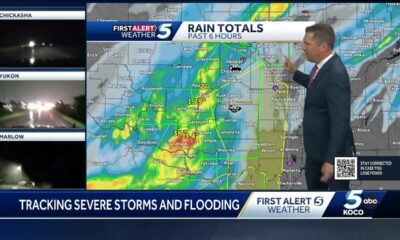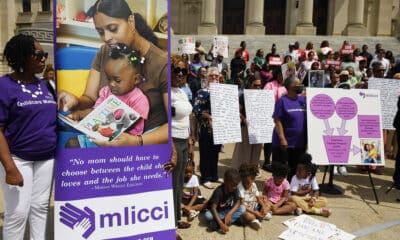(The Center Square) – Florida House Speaker Daniel Perez is putting together a select committee to draft a property tax ballot initiative for 2026.
The Miami Republican announced on Tuesday that he’s putting together a Select Committee on Property Taxes that will hold its first meeting on Thursday. Perez advised his members who want to be on the committee to “be prepared to work” as its work will continue until the fall.
Putting an initiative or multiple proposed amendments on the 2026 ballot to help Floridians with property taxes was one of Gov. Ron DeSantis’ legislative priorities this session.
“The Florida Constitution prohibits the state Legislature from exercising direct control over property taxes,” Perez said in his speech on the House floor. “Any property tax reforms would need to be placed on the November 2026 ballot for consideration by the voters of Florida. However, given the importance of this issue, we cannot afford further delay in moving this conversation beyond promises or generalities.
“We need to put in the time, give stakeholders a meaningful opportunity to engage, and make sure that we put the very best proposal or proposals on the ballot as amendments to the Florida Constitution.”
Perez floated some proposals that the new committee will investigate, with the biggest a prohibition on foreclosure of a homestead property due to a property tax lien, which he says would put the state on par with any private creditor.
One of the proposals is a mandate requiring every local government and special taxing district to hold a referendum on the question of eliminating property taxes on homestead properties.
Another would be the creation of a new $500,000 homestead exemption, as well as a $1 million homestead exemption for properties owned by Floridians age 65 and older, or who have had a homestead for 30 years that would apply to all non-school taxes.
A third proposal would allow the Legislature to increase the homestead exemption to any value using general law.
Perez also suggested lowering the cap on assessment increases on homestead properties from the lower of 3% or the Consumer Price Index to a flat 3% and increasing the cap on nonhomestead properties from 10% annually to 15% over any three-year period for all millage outside of that levied to support K-12 schools.
“Members, one of the things I have learned about our committee process over the years is that our process is most effective when we can build our conversations around specifics rather than generalities,” Perez said. “In other words, saying ‘property taxes bad’ isn’t the basis for developing a plan.”
He also said in his speech that the five proposals weren’t an end goal, but a starting point.





